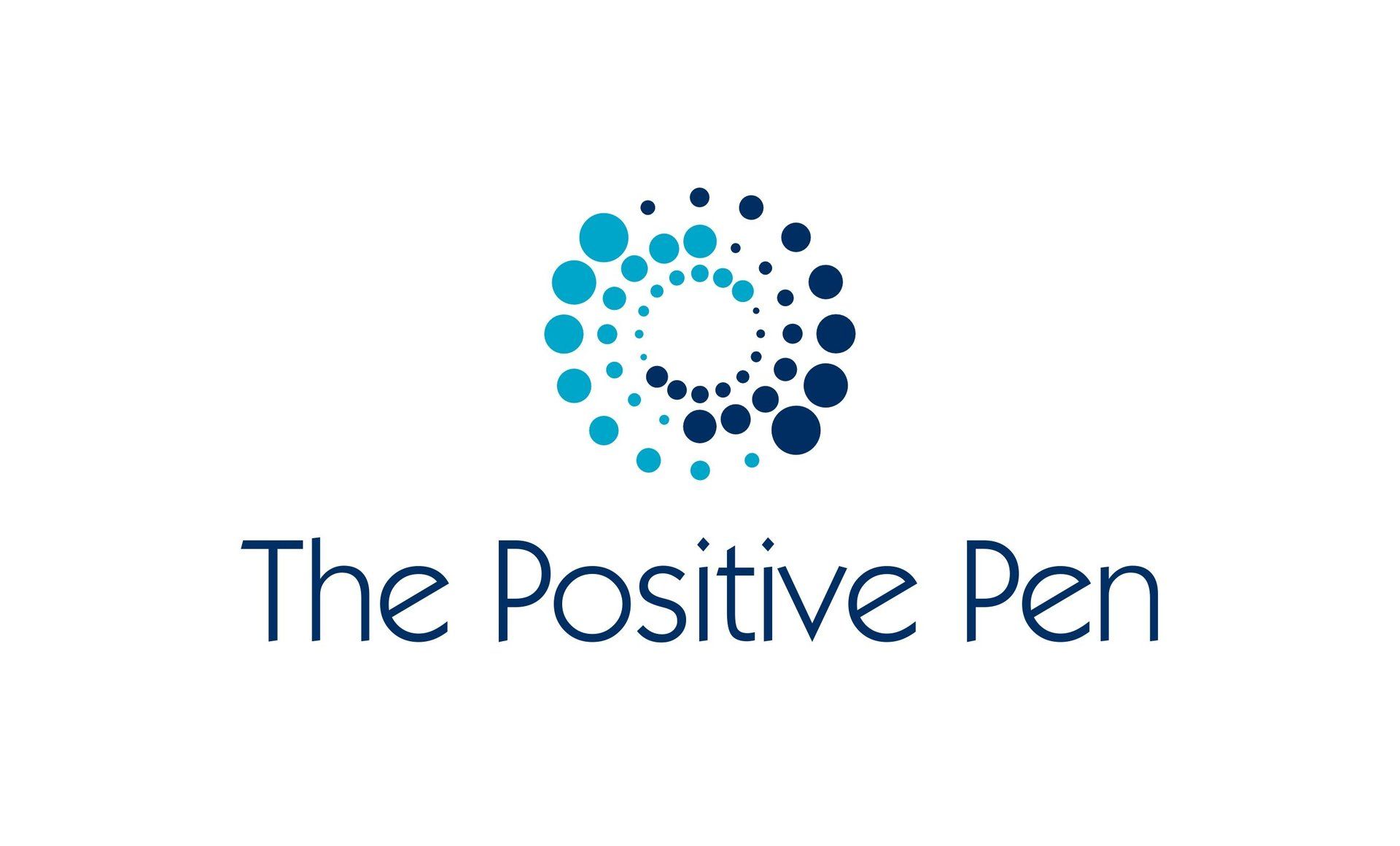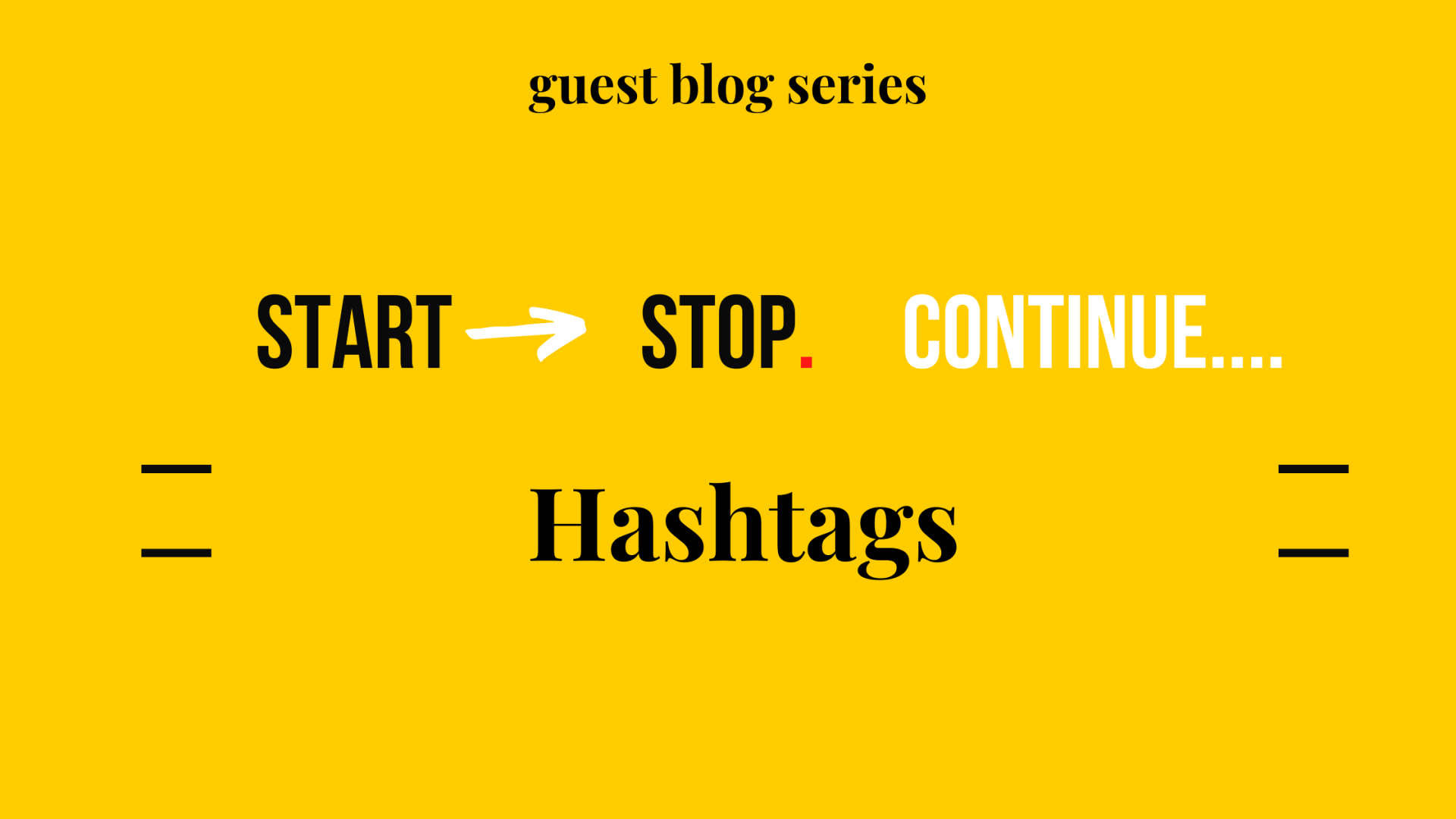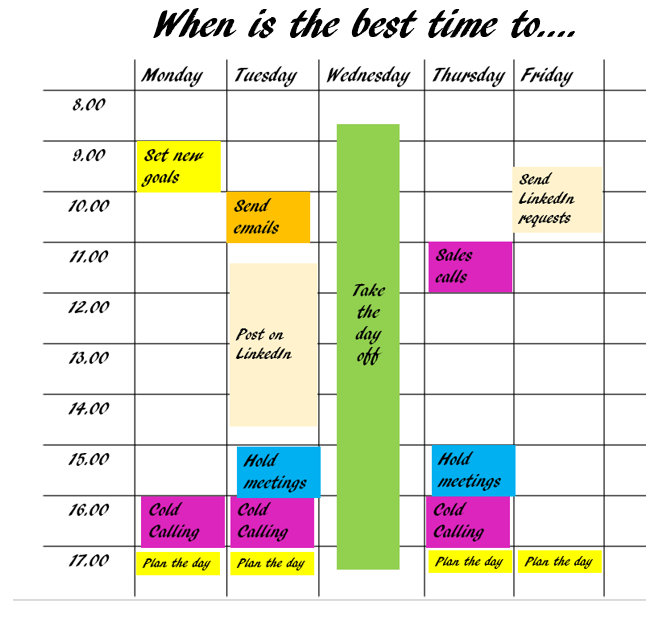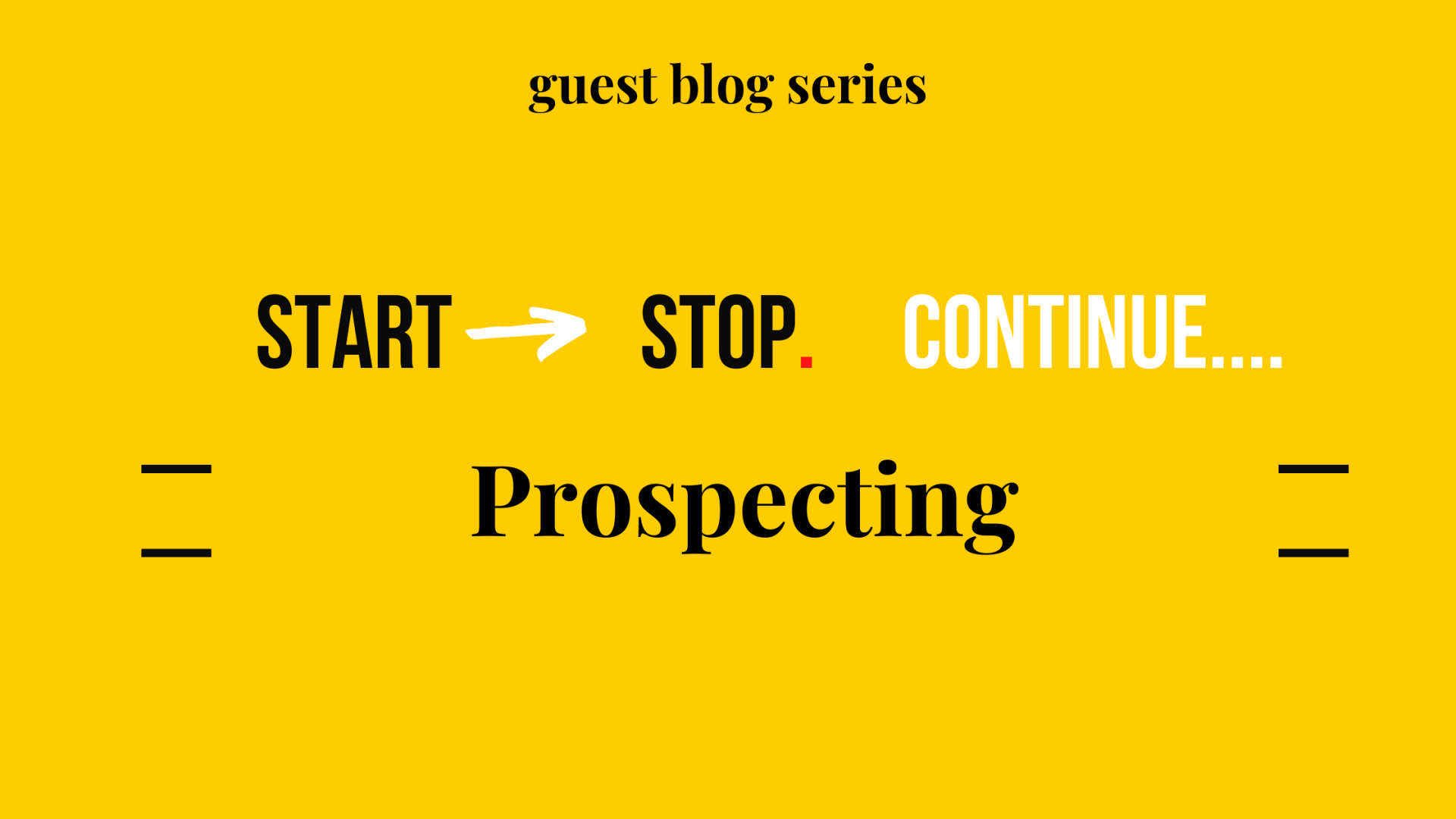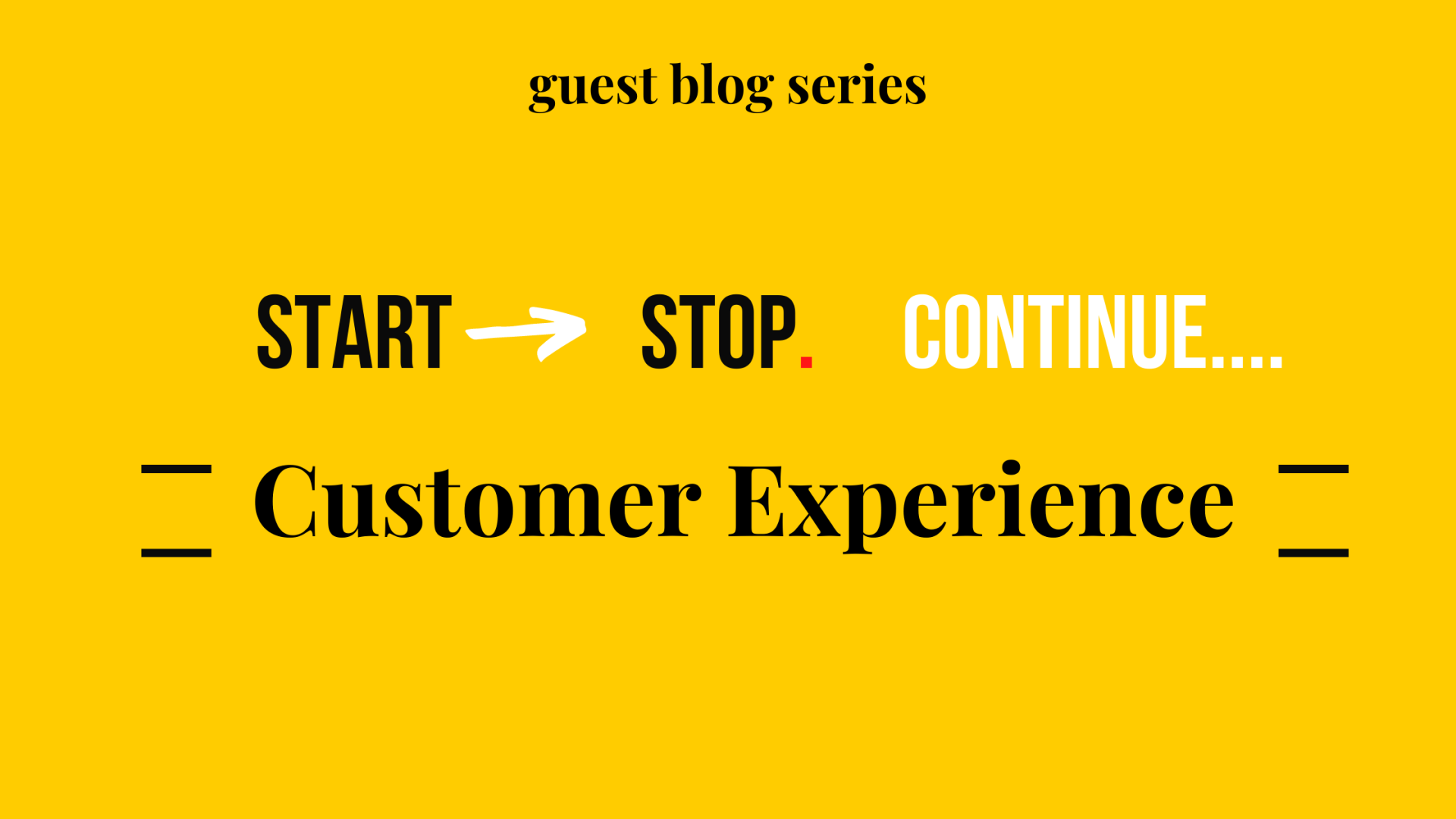Start, STOP, Continue.... Building Confidence
Start, STOP Continue… is a series of guest blogs written by Yorkshire based experts sharing 3 key tips on what to Start, Stop & Continue to develop in this area.

Sharing their expertise in this issue is Jules Wyman, a leading confidence coach based in York.
Jules, when it comes to building our confidence what is the one thing we should start doing right now?
Trusting in yourself. A major breakthrough on my confidence journey was learning the root derivation of confidence. It is used in so many different contexts, so understanding its roots created a different perception.
Confidence comes from the Latin con fidere meaning with trust. So, whether we are talking about confidence in a product or service or ourselves, what we are really wanting is trust. To trust that it will deliver or that we will.
The challenge with that is perfection, as we want to trust ourselves to get it right or perfect first time and every time. When actually “confidence isn’t about always getting it right, it’s about not fearing to be wrong” (Pete McIntrye).
On the flip side, what should we STOP doing?
Doubting yourself! Simple statement to make and yet it’s a habit that many of us have.
Doubting, questioning, overthinking etc. are all going to impact your experience of confidence. But how to stop doubting?
Awareness is key. Notice where and how (not why) you doubt yourself. Doubt being an antonym of trust. Notice how you are doing it. Listen to the thinking that creates the feelings of doubt and whatever stresses that brings. Then ask yourself ‘how could I trust myself even more right now?’
Even if you do not know the answer or have a solution, ask the question, and let it percolate. Answers do appear when great questions are asked.
Finally, what’s a valuable activity that we should continue doing or do more of?
Collate your achievements. Take the time to go back through your whole life and list all the qualifications you have, from Cycling Proficiency to PhD’s and everything in between. Then add all the CPD you have done, all the courses and conferences you have attended and books you have read that relate to your personal and professional development. Finally add three achievements from the last 12 months.
When I work with clients on these lists, they all begin to see just how much they do know, what they can do and are capable of. This is a ‘trust list’ if you will. Keep adding to it each month. All your wins, achievements, and qualifications. This is just for you. It is a great resource to read when doubts are centre stage. Or when you are applying for a job. You are not putting pressure in yourself to remember AND you can see with ease what you already have and do know.
Unfortunately, the thinking mind all too easily moves onto the next thing forgetting that we won a big contract, dealt with a conflict at work or adapted to working at home. The list helps us see the changes and achievements we have made so that we can trust ourselves even more and this experience even more confidence!
Thank you, Jules, some great advice.
If you would like to find out more about Jules and her work, visit her website at www.juleswyman.com or you can email her direct jules@juleswyman.com
Enjoy this blog?
Click here to receive new blogs each month directly to your inbox.
